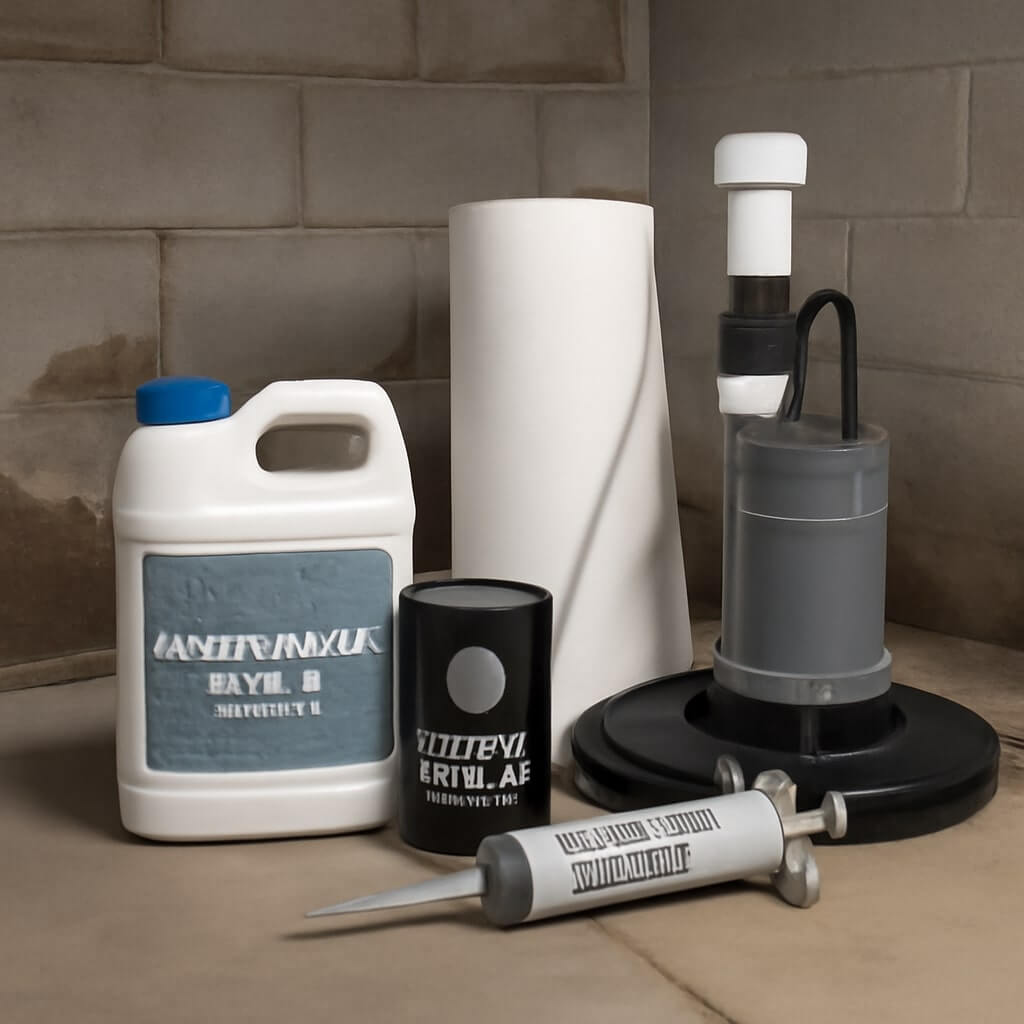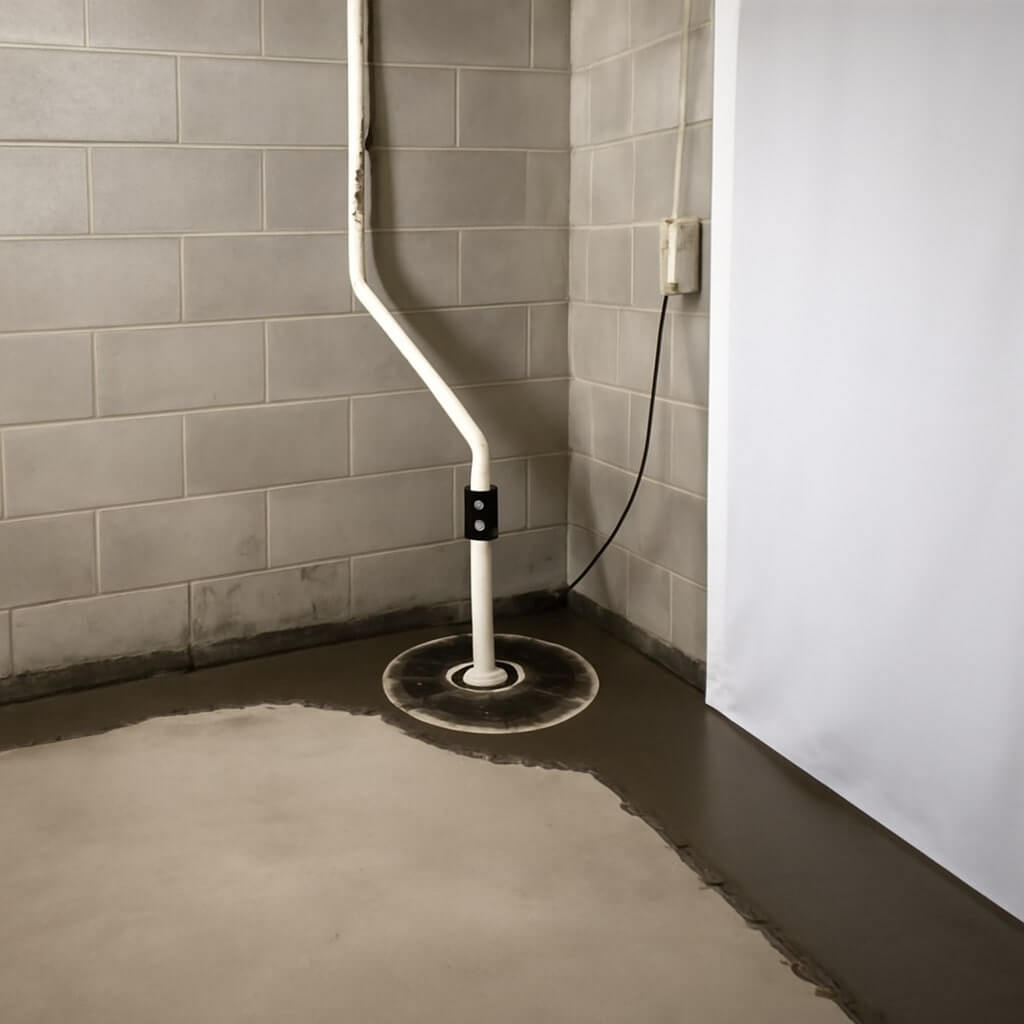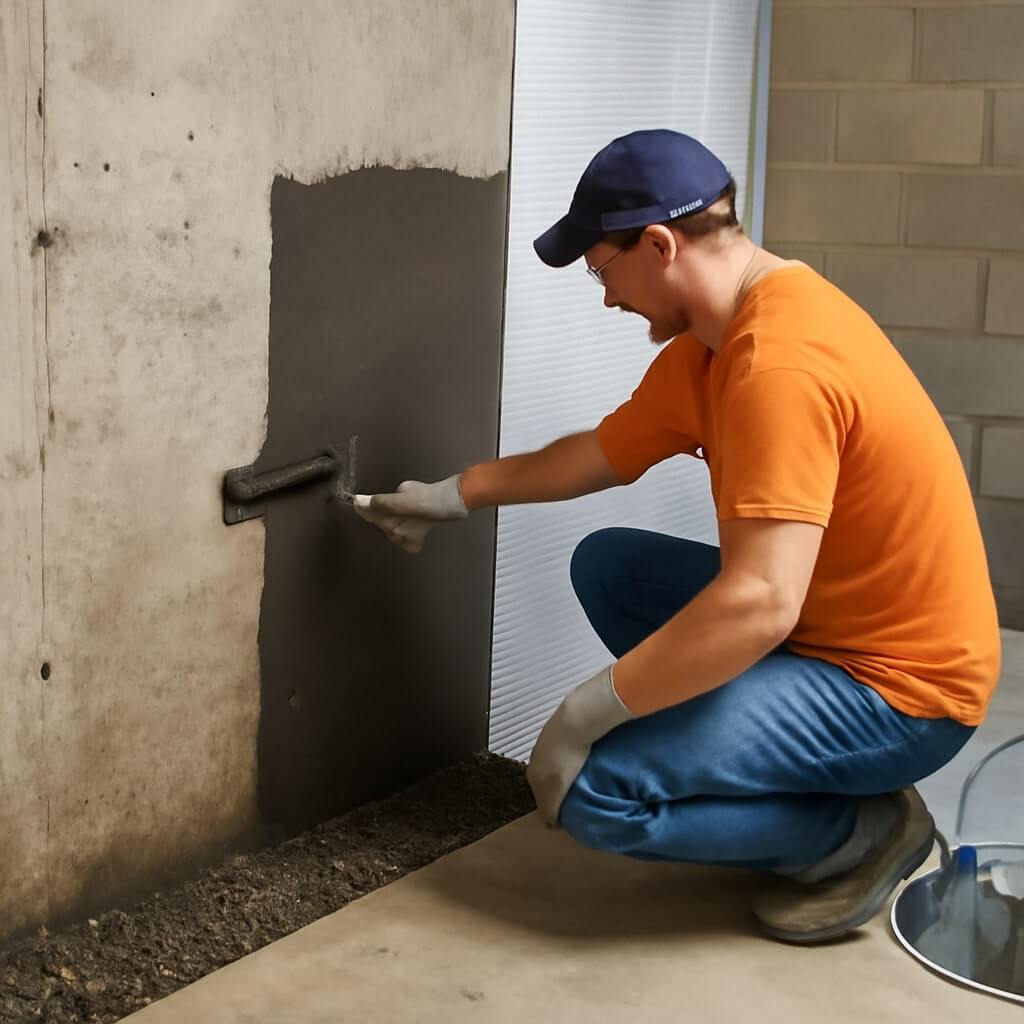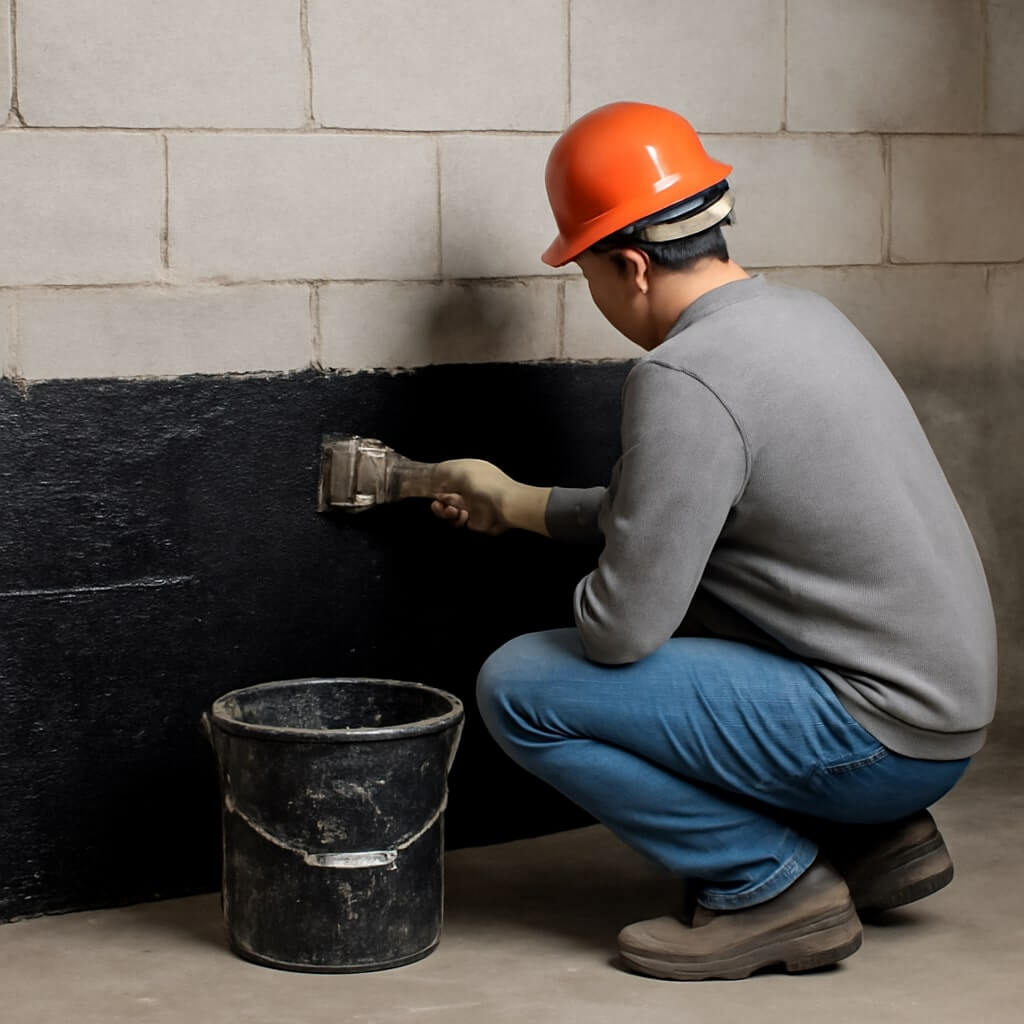Basement moisture can lead to structural damage, toxic mold growth, and significant property devaluation. Interior basement waterproofing products serve as the first line of defense against these threats, especially when exterior solutions are impractical or unaffordable. This comprehensive guide explores the top-rated waterproofing options, their benefits, and common FAQs to help homeowners and contractors make informed choices.
What Is Interior Basement Waterproofing?
Interior basement waterproofing refers to the range of products and systems installed inside a basement to stop water infiltration. Unlike exterior systems that aim to prevent water from entering, interior methods manage and redirect water that has already seeped in.
These systems are typically easier and more affordable to install than their exterior counterparts, making them ideal for retrofitting older homes or tackling localized moisture problems.
Key Categories of Interior Basement Waterproofing Products
1. Waterproofing Sealants and Coatings
These are applied directly to basement walls or floors to prevent moisture from seeping through porous concrete.
- Popular types:
- Acrylic waterproofing paint
- Urethane sealers
- Epoxy coatings
- Best For: Minor seepage, dampness, or aesthetic improvement
2. Interior Drainage Systems
These systems collect and redirect water to a sump pump system, keeping your basement dry even during heavy rain.
- Key components:
- French drains (perimeter drains)
- Drainage channels beneath basement floors
- Floor-to-wall cove systems
- Best For: Persistent water intrusion, foundation wall leaks
3. Sump Pumps
Sump pumps remove collected water and discharge it safely outside the home.
- Types of sump pumps:
- Pedestal pumps
- Submersible pumps
- Battery backup systems
- Best For: Homes in flood-prone areas or with high groundwater levels
4. Vapor Barriers and Wall Liners
Plastic or polyethylene barriers line basement walls, preventing water vapor and moisture from entering the living space.
- Best For: Humid environments, finished basements, and crawlspaces
5. Crack Injection Kits
These are used to repair and seal foundation cracks from the inside.
- Materials used:
- Polyurethane foam
- Epoxy resin
- Best For: Hairline cracks and minor leaks in concrete foundations
Top-Rated Interior Basement Waterproofing Products (2025)
| Product Name | Type | Notable Features | Estimated Price |
|---|---|---|---|
| Drylok Extreme | Masonry Sealant | Mold/mildew resistant, 15-year warranty | $30/gallon |
| Flex Seal Liquid | Rubberized Coating | Easy to apply, non-toxic | $90/gallon |
| Basement Systems WaterGuard | Drainage System | Patented design, maintenance ports | Varies (pro install) |
| Zoeller M53 Mighty-Mate | Sump Pump | Cast-iron housing, 1550 GPH | $170–$200 |
| RadonSeal DIY Injection Kit | Crack Repair | Seals up to 10 ft of crack | $130–$180 |
Benefits of Interior Waterproofing
- Cost-effective: Less labor and excavation compared to exterior solutions.
- Quick installation: Most products can be installed in a day or two.
- Non-intrusive: Ideal for homes where exterior access is limited.
- Versatile: Tackles a wide range of water problems, from seepage to flooding.
FAQs: Interior Basement Waterproofing Products
1. Can interior waterproofing stop all water problems?
2. Is DIY waterproofing effective?
3. How long do interior waterproofing solutions last?
4. Can I finish a basement after interior waterproofing?
5. What’s the best waterproofing product for hairline cracks?
Conclusion
Interior basement waterproofing products offer a practical and efficient solution for combating moisture and ensuring the longevity of your home’s foundation. From coatings and sump pumps to professional drainage systems, the right combination can transform a damp, musty basement into a clean, dry, and usable space. Always evaluate the extent of the problem and consider consulting a waterproofing expert for a tailored approach.




